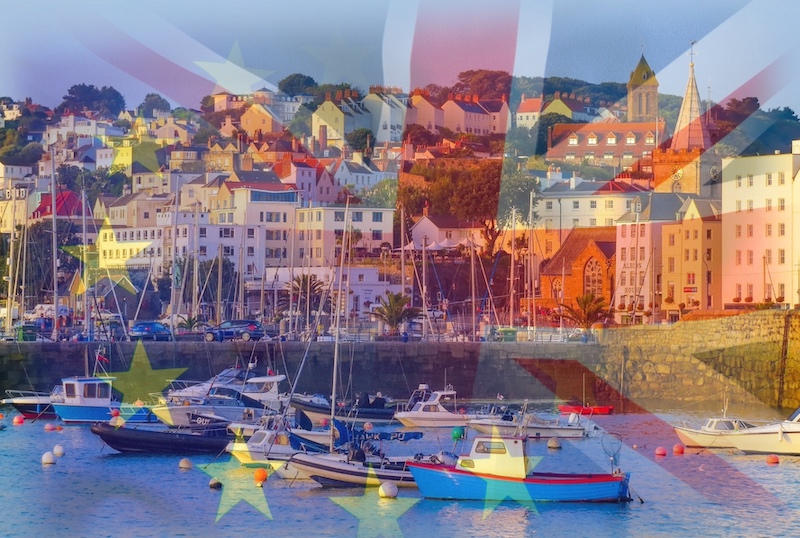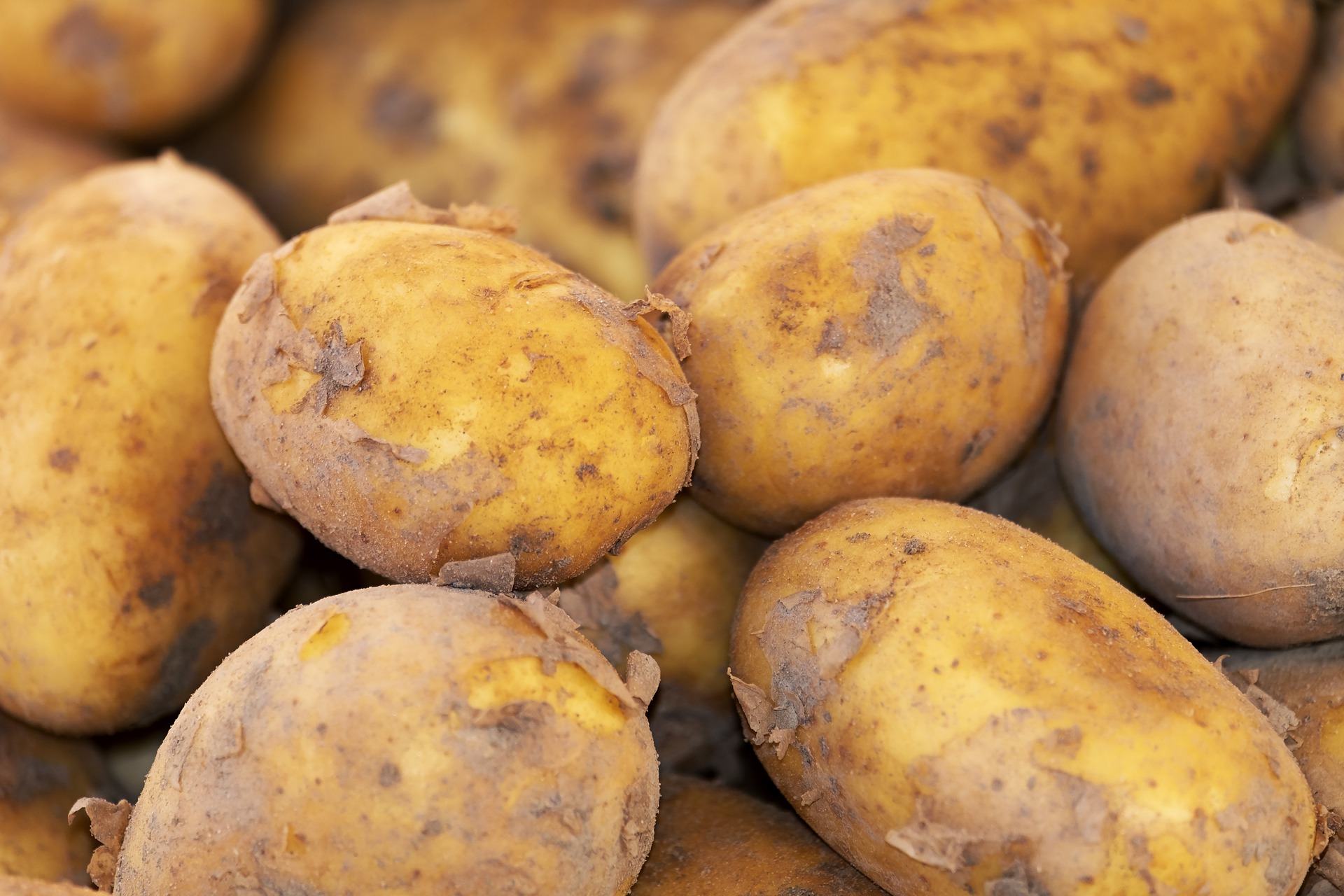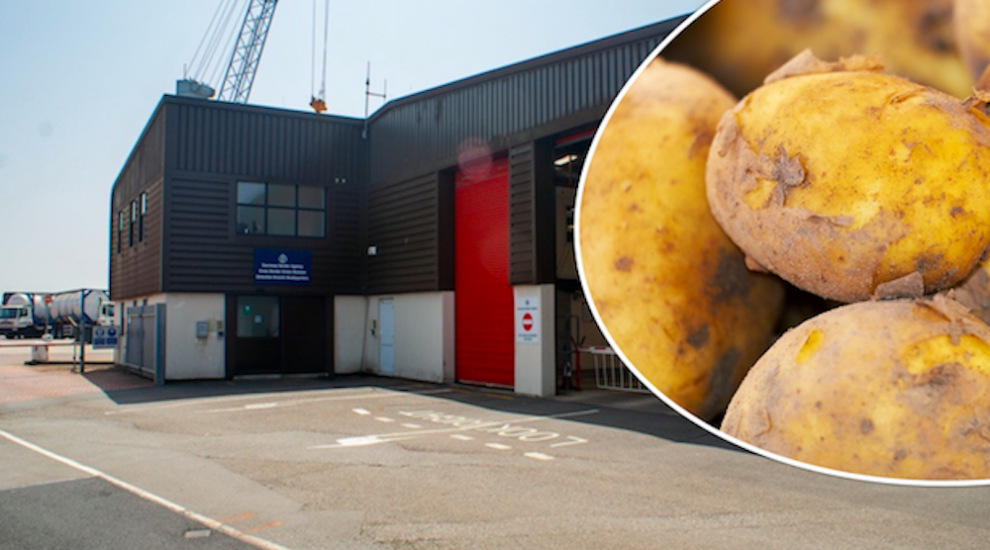Plants, potatoes, and seeds are among items which can't be imported into Guernsey since Brexit, but officials in the island keep catching people with them.
New customs requirements came into play in Guernsey in January 2021, after the UK had exited the EU.
Guernsey Border Agency officers said they've noticed since then that there are some areas which are still causing some confusion among people travelling to and from the continent.
The customs changes which seem to be causing the most problems impacted the importations of goods from the EU, and they particularly concern agri-food products (food, animals and plant material) which could be brought between France (and the rest of the EU) and the Bailiwick previously.

Pictured: While we didn't get to vote in the UK's Brexit referendum, the decisions have affected us - including the importation of potatoes.
Agri-food products is a category which includes potatoes, because although they are a food they can also be classed as a seed and so they are restricted.
The GBA said that there is currently "no limit on the importation of food providing it is for personal use", but so called "high priority" plants and plant material from the EU, including potatoes, must be accompanied by a phytosanitary certificate which is issued by the originating country.
The GBA said they have regularly seen the following items imported without the required certificates:
- Potatoes (table and from gardens)
- Plants taken from back gardens in Europe
- Plants from supermarkets or nurseries
- Loose seeds
Officers are continuing to work with the travel operators to remind passengers of these rules prior to their trip.

Pictured: Potatoes are classed as an 'agri-food product'.
Matt Brehaut, Senior Investigation Officer, said they have had to confiscate potatoes, and other agri-food products as a result of this confusion.
“In the last 18 months we have seen a number of people returning to the island from France with plants and plant material, including potatoes, which we have had to confiscate because of the new rules on plants and seeds. While there are not any restrictions on importing food at the moment, potatoes are categorised as a seed, and thus a high priority plant. This means that if people need to import their potatoes, they must get a phytosanitary certificate to accompany them.
“While we have been working to implement the new rules of the customs union, we are also working to ensure these rules are as clear as they can be for the community. We have produced leaflets in both French and English which explain each area, and have recently produced an animation which will be played at the ports to help explain the key facts around the new customs requirements.”
Signs and bins are provided at the ports so that plants and plant material that fall within these definitions that are not accompanied by a phytosanitary certificate can be voluntarily disposed of.
If designated plants/plant material are not accompanied by the relevant certificate and are not voluntarily disposed of then they will be subject to seizure and destruction and must be declared to Customs at the time of arrival into the Bailiwick.
The types and volumes of agri-food products that can be imported to Guernsey from the EU are subject to further change by the end of 2023, and media updates and information on the States of Guernsey website will be provided so that passengers are pre-warned and prepared.
Until this time, the summary booklet for what you need to know before you travel can be found, along with the complete list of ‘high priority plants’ and plant material, here.
The Animal & Plant Health Inspector must also be notified prior to the importation of certain items, and those items will be subject to documentary and identity checks on arrival in Guernsey.



Comments
Comments on this story express the views of the commentator only, not Bailiwick Publishing. We are unable to guarantee the accuracy of any of those comments.